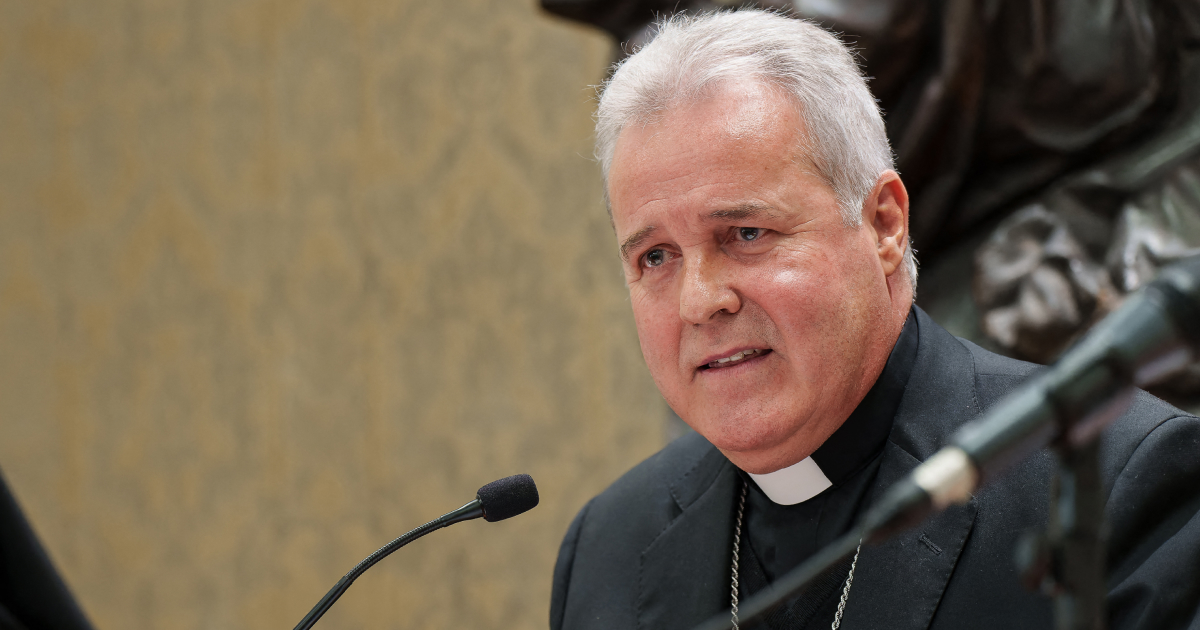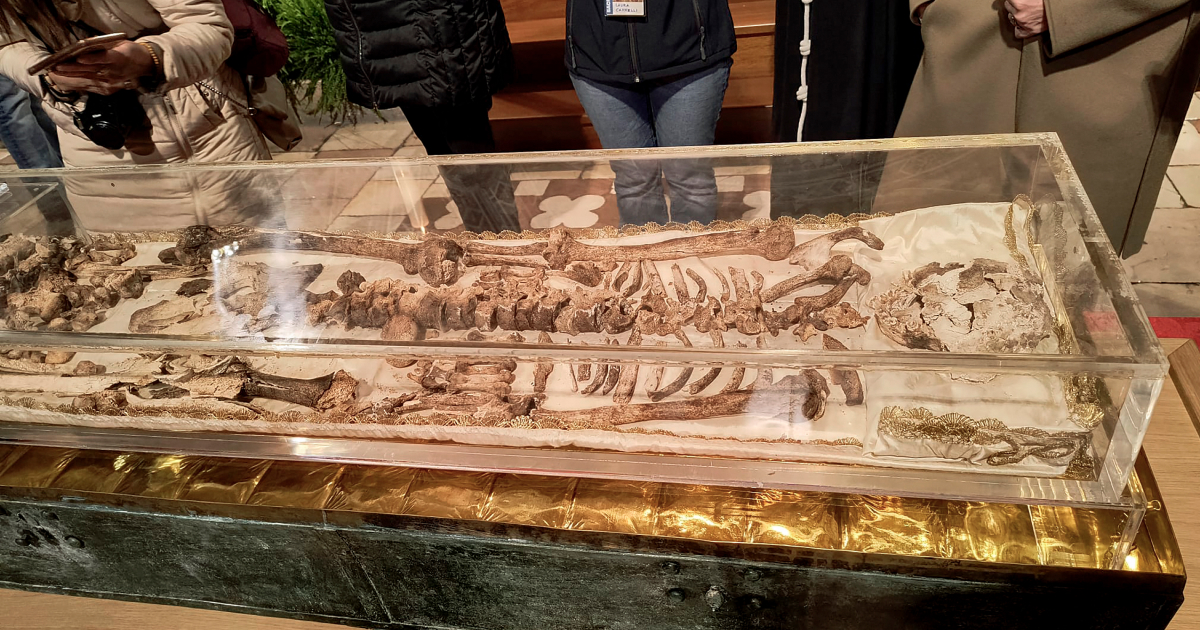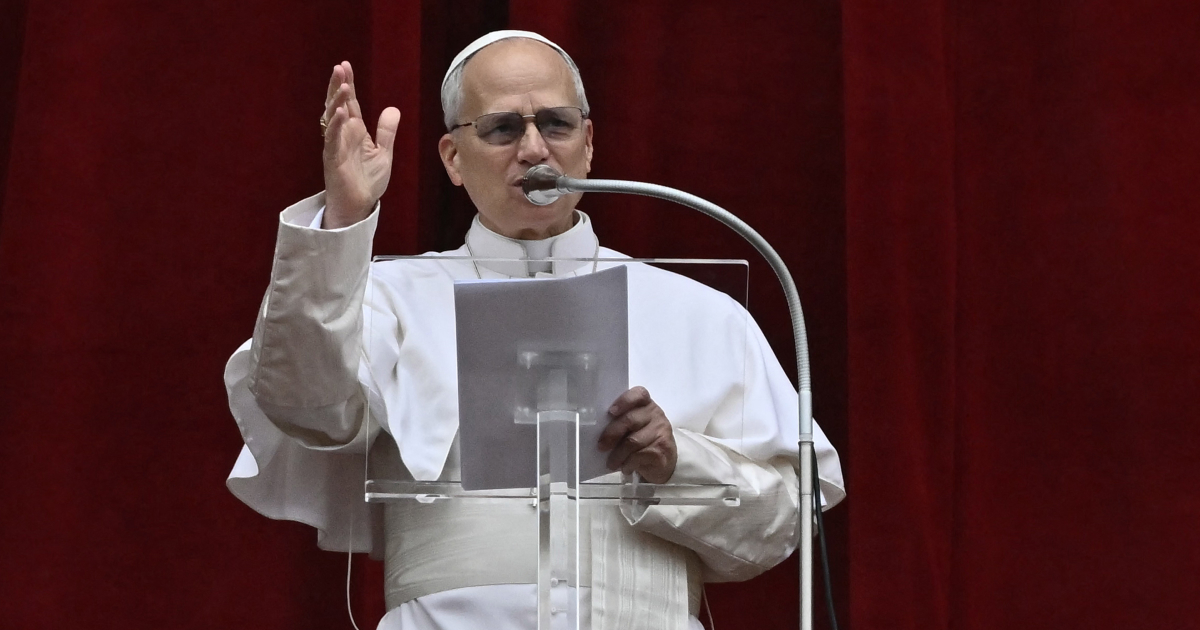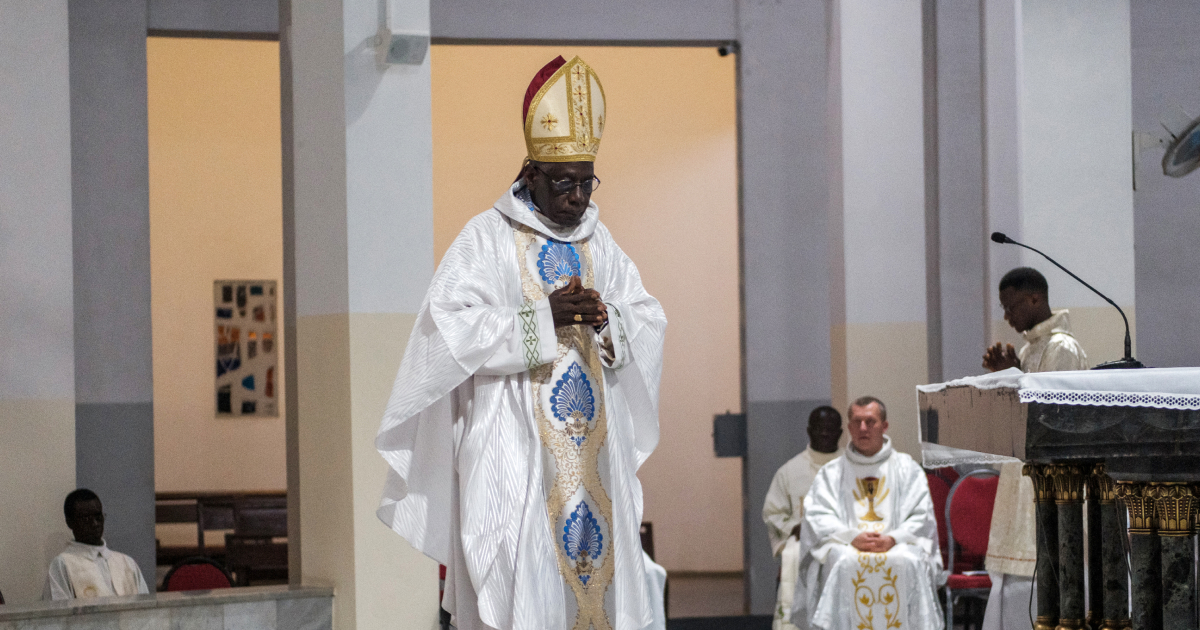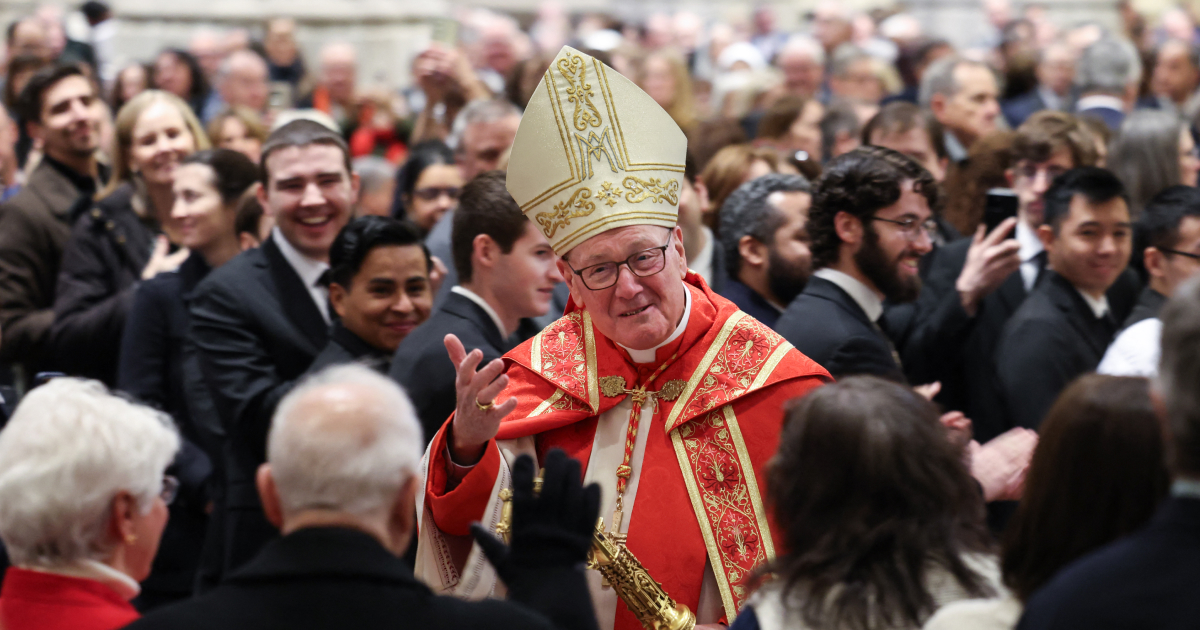In the opening chapter of his pontificate, Pope Leo XIV has issued a stirring call for the Church to embrace a renewed missionary dynamism. This appeal not only reawakens the Church’s evangelical mandate but also prompts reflection on the intellectual wellsprings that might sustain such a renewal. Among these, the legacy of the 19th-century French Catholic philosopher Léon Ollé-Laprune (1839–1898) stands out as particularly resonant. His work offers a compelling vision for how the Church might engage with modern culture. Moreover, his deep admiration for Leo XIII lends a sense of historical continuity to the present moment, as another Leo takes his place upon the Chair of Peter.
Pope Leo XIV’s call to renew the Church’s missionary identity comes at a pivotal moment, amid secularisation, technological disruption, inequality and cultural polarisation. The Church needs more than reactive measures—it requires a proactive, missionary posture. At his inauguration Mass, Pope Leo emphasised the call to be “fishers of men”, bringing the “hope of the Gospel” to all so they may experience God’s embrace—an approach that echoes Ollé-Laprune’s thinking.
Though largely forgotten today, Léon Ollé-Laprune was a key Catholic thinker in late 19th-century France. A professor at the École Normale Supérieure, he sought to bridge faith and reason, tradition and modernity, through a vision of truth as dynamic and transformative. His influence shaped major figures such as Bergson, Durkheim and especially Maurice Blondel, whose thought helped prepare the ground for Vatican II. In light of today’s challenges, Ollé-Laprune’s vision remains strikingly relevant. In his work Les Sources de la paix intellectuelle (1892), he offers a meditation on the nature of Catholic truth.
The Catholic Church, which alone preserves integral Christianity, safeguards the truth through dogmatic definitions that are rigorously precise—protecting it from fantasy, illusion and error. The fixed formula possesses an immutable majesty, an authority against which all efforts shatter. At the same time, truth has a constantly active sap, a vital energy that is endlessly renewed and renews everything with it: new aspects are discovered, new consequences are perceived, unknown sequences or dependencies come to light; previously ignored applications are found, and genuine inventions arise that inspire unprecedented forms of devotion and virtue. Truth is ever-changing in expression while remaining fundamentally the same—adapting to context, drawing everything to itself, and transforming everything.
This perspective on the Church—stable yet dynamic—illuminates Pope Leo XIV’s vision of a missionary Church, in which mission deepens tradition by revealing new applications of the faith. In his inaugural address, Pope Leo XIV emphasised that Petrine ministry is characterised by “self-sacrificing love”, stating that “the Church of Rome presides in charity, and its true authority is the charity of Christ”. He further asserted that the Church’s mission “is never a question of capturing others by force but always and only a question of loving as Jesus did”, thereby rooting renewal in a missionary identity of charity.
Echoing this need for practical application, Ollé-Laprune urged young Catholics: “The old restraints are worn out, the old remedies, so it seems, have failed, and the old ideas are exhausted. It is up to you, young people, to prepare a new order; up to you resolutely to abandon what has run its course, in order to preserve better than ever what is eternal, or rooted in the eternal, and must therefore always endure.” We can hope that, like Ollé-Laprune, Pope Leo XIV will continue to affirm that meeting the challenges of our time demands a pursuit of truth that is both contemplative and courageous.
Ollé-Laprune recognised that certain approaches have run their course and must be set aside to preserve what truly matters. This demands discernment—the ability to distinguish the eternal from the temporary, the essential from the expendable. He also advocated for reflective obedience to papal authority. In Ceux qui cherchent à Rome (1895), he criticised Catholics who resisted papal guidance, arguing that the Pope’s perspective, though disruptive to some, was liberating for the Church, freeing it from outdated political ties. Ollé-Laprune emphasised that papal authority, while divinely given, does not imply perfection—drawing a parallel with St Peter. He placed Leo XIII within a tradition that included Gregory XVI’s Mirari Vos and Pius IX’s Syllabus of Errors, highlighting a papal commitment both to condemning error and to engaging positively with modernity.
Ollé-Laprune thought Leo XIII’s Rerum Novarum (1891) embodied this approach by addressing modern issues through justice, reason and grace, thereby rejecting a false dichotomy between tradition and progress. Pope Leo XIV, who cited Rerum Novarum early in his pontificate, may signal a similar “Leonine moment” characterised by fidelity and innovation.
In a recent article, Kristina Millare of the Catholic News Agency reported on George Weigel’s address at the Pontifical University of St Thomas Aquinas, where he outlined “Ten Markers of a Church ‘Permanently in Mission’”. Weigel expressed hope that Pope Leo XIV will continue Leo XIII’s legacy, particularly in promoting human rights. This vision aligns with Ollé-Laprune’s view of reform as a deep expression of tradition, and of the Church as both culture-forming and countercultural. Pope Leo XIV’s early emphasis on missionary discipleship and social doctrine reflects this Leonine continuity.
What, then, might Ollé-Laprune’s thought offer to the missionary Church envisioned by Pope Leo XIV? Several compelling insights emerge, offering a portrait of a Church both anchored in tradition and boldly responsive to the present. First, the Gospel must be proclaimed not as a static doctrine but as a living truth—unchanging yet unfolding—calling for both fidelity and imagination across cultures and generations.
Secondly, mission demands deep formation and study to cultivate intellectual depth and cultural discernment, equipping the Church to read the signs of the times, affirm the good, and confront the dehumanising. This commitment must lead to concrete action: evangelisation entails confronting social evil through justice, mercy and solidarity. Equally vital is loyal, creative collaboration with the papacy as a source of unity and guidance.
Finally, empowering young people is essential. The missionary Church must accompany, trust and equip the next generation to shape its witness. As Pope Leo XIV affirmed in his inaugural address: “This is the path to follow together—to build a new world where peace reigns!”
As we enter a new Leonine era, Léon Ollé-Laprune offers vital resources for a missionary Church. His synthesis of living truth, intellectual depth, social commitment and faithful collaboration with the papacy grounds a vision that is both traditional and responsive to the present. Like Leo XIII, Pope Leo XIV confronts profound cultural shifts. Drawing on Ollé-Laprune and contemporary voices, the way forward lies in balancing doctrinal clarity with pastoral creativity, tradition with renewal, and obedience with active engagement.
In this spirit, the missionary Church Pope Leo XIV envisions can let go of what is transient to better preserve what is eternal—moving us closer to what Ollé-Laprune meant when he wrote: “I am a Christian, and I am of my time.”
(Photo by Andreas SOLARO / AFP) (Photo by ANDREAS SOLARO/AFP via Getty Images)





.jpg)


